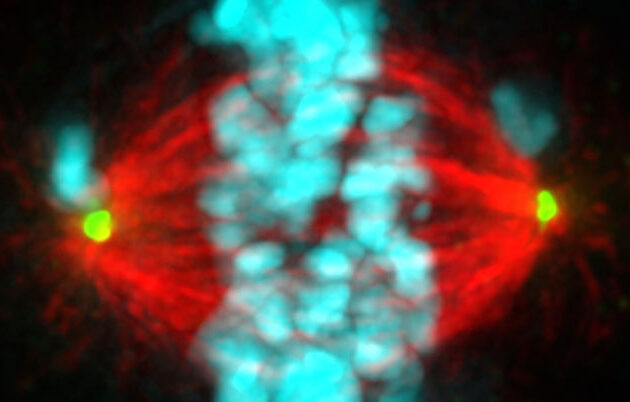UW School of Medicine and Public Health accepting applicants for grants to improve maternal and child health
Nonprofit health organizations in Wisconsin seeking to improve the health outcomes of mothers and their infants during the prenatal and postpartum periods have until May 30 to apply for funding from the University of Wisconsin School of Medicine and Public Health.


